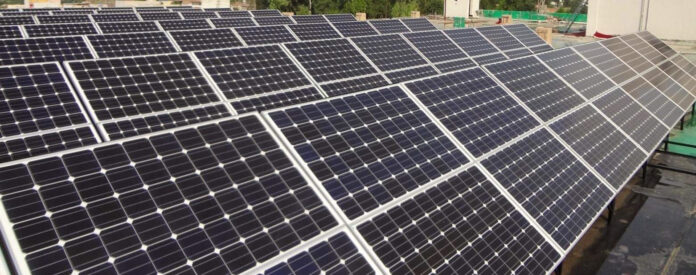Pakistan is rapidly emerging as a major player in the global solar industry, despite facing significant economic and social challenges.
In 2024, the country recorded one of the world’s highest imports of solar panels, signaling a transformative shift in its energy landscape.
According to the Global Electricity Review 2025 by UK-based energy think tank Ember, Pakistan imported 17 gigawatts (GW) of solar panels last year, placing it among the world’s leading solar markets. The report highlighted how solar technology, with its falling costs, enabled large markets like Pakistan to experience rapid growth in just a single year.
The surge in rooftop solar installations was driven largely by high electricity prices, stemming from expensive agreements with privately-owned thermal power plants. In response, households and businesses across Pakistan turned to solar solutions to access more affordable power.
Globally, solar generation expanded by nearly one-third in 2024, making it the largest source of new electricity. Ember noted that this growth was evident not only in established markets like China, India, Brazil, and the European Union but also in new entrants such as Saudi Arabia and Pakistan.
The report emphasized that Pakistan’s import volume in 2024 was double that of 2023, underlining the country’s rapid adoption of solar energy. Within a year, Pakistan became one of the largest markets for new solar installations globally.
Earlier data from Pakistan’s Economic Coordination Committee (ECC) showed that the country’s installed solar capacity rose from 321 megawatts (MW) in 2021 to 4,124 MW by December 2024 — figures that align with the broader trend of rising solar adoption.
The shift toward solar energy has gained significant traction across Pakistan’s residential and commercial sectors, presenting new opportunities but also new challenges for policymakers. As solar installations increase, the demand for grid management, regulatory updates, and long-term planning has become more pressing, especially as overall electricity consumption remains relatively stagnant.
Several companies have moved quickly to capitalize on the trend, launching solar power projects across the country. At the same time, Ember warned that while the rapid deployment of solar panels offers immense potential, it must be paired with updated system planning and regulatory frameworks to ensure a stable and sustainable energy transition.




